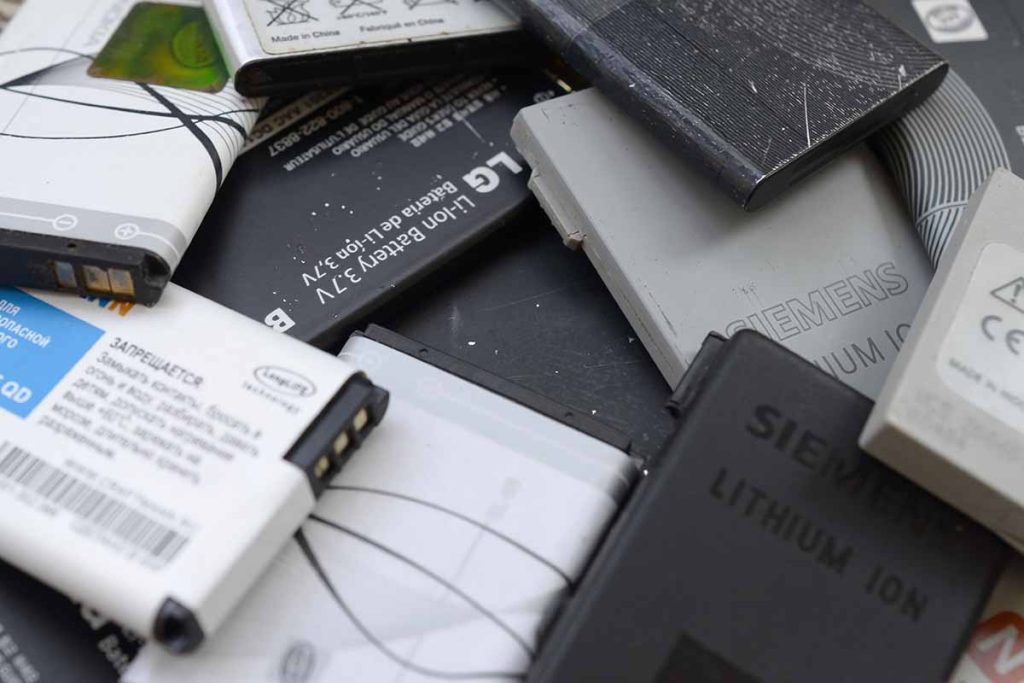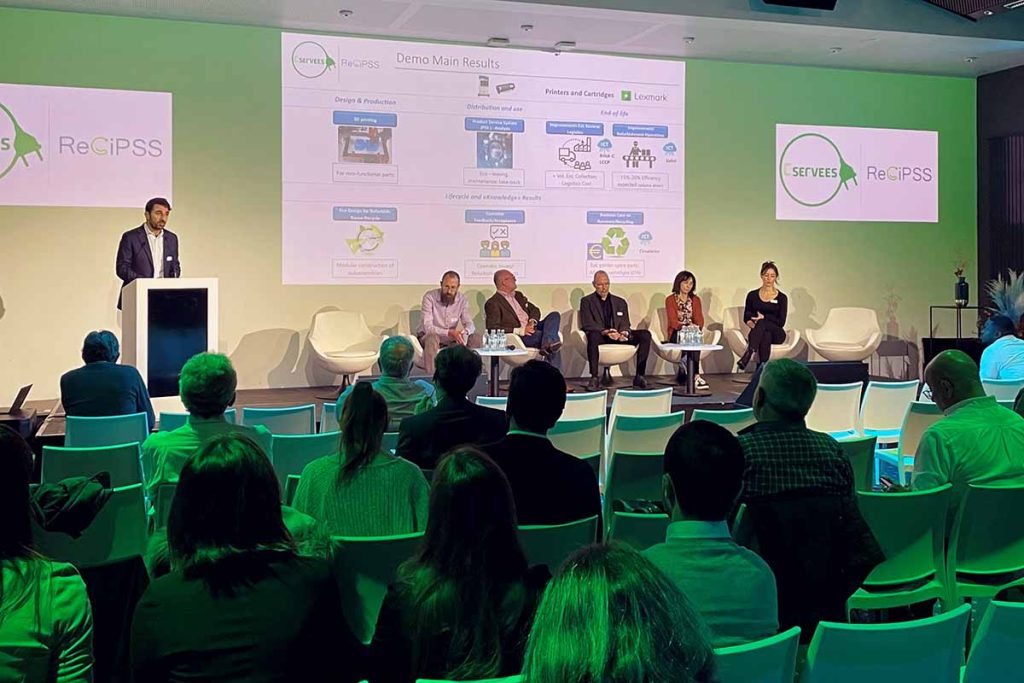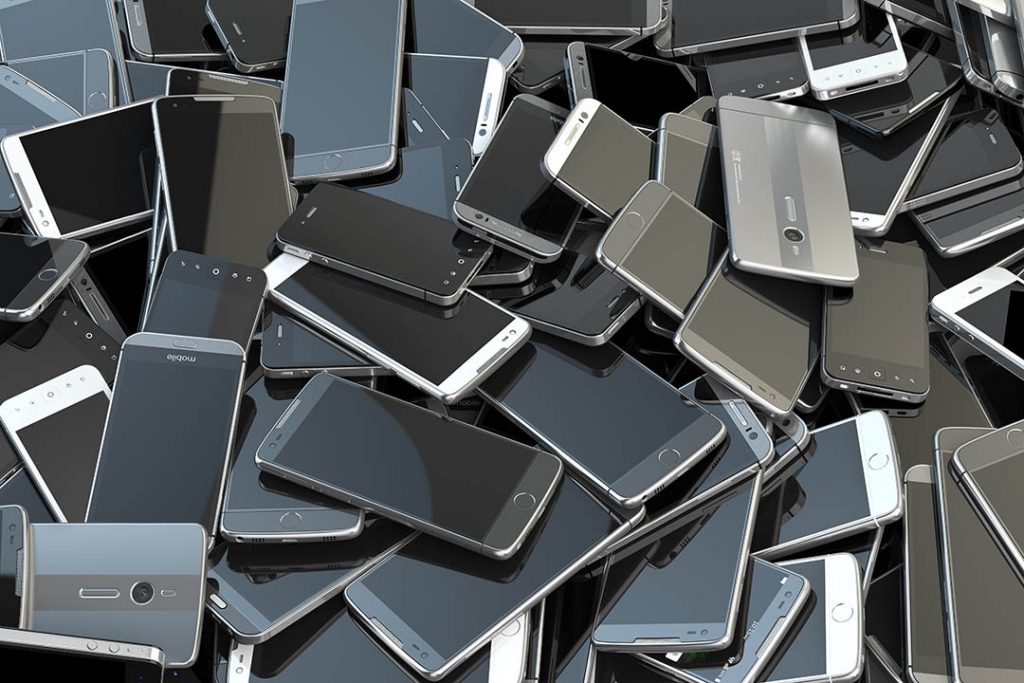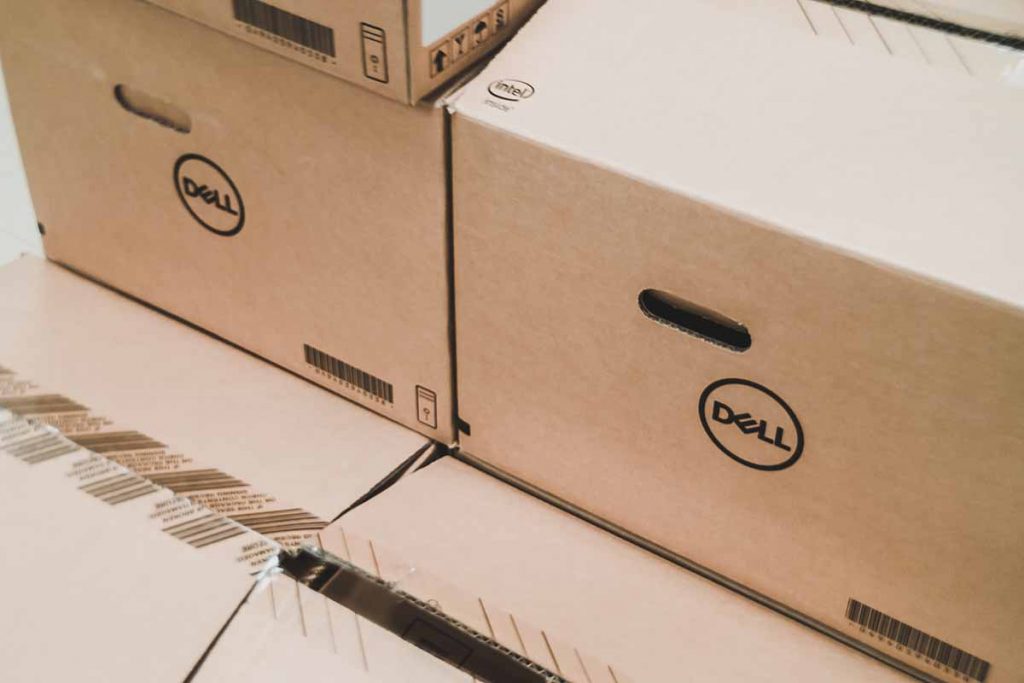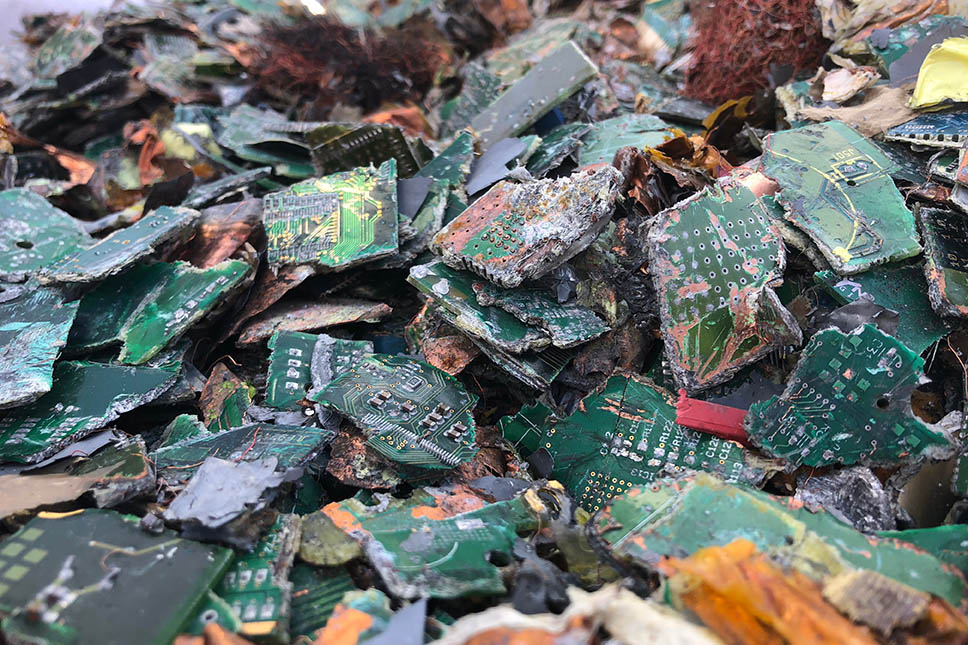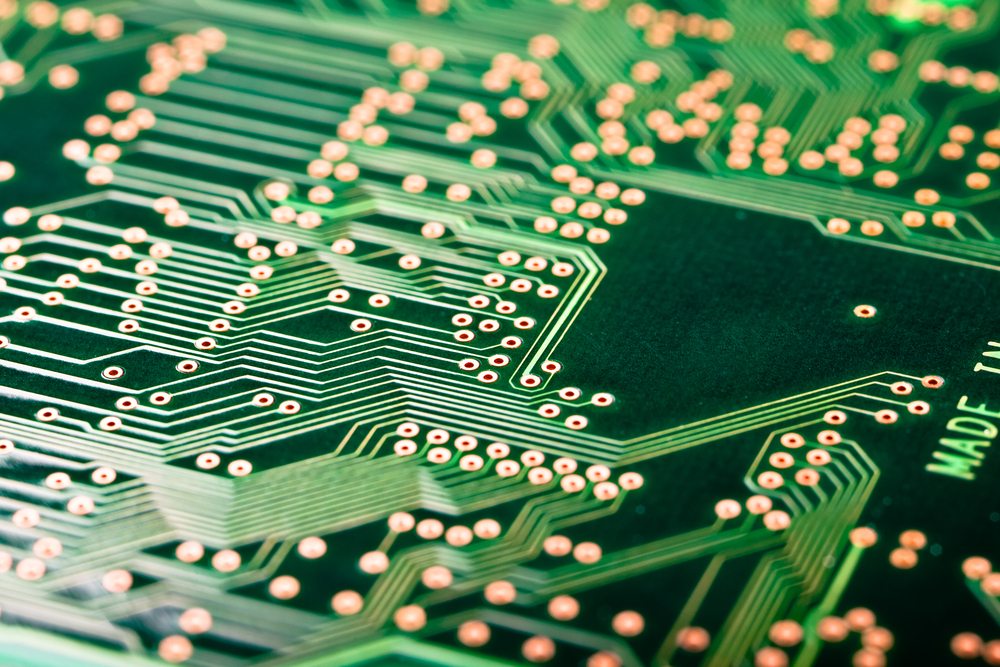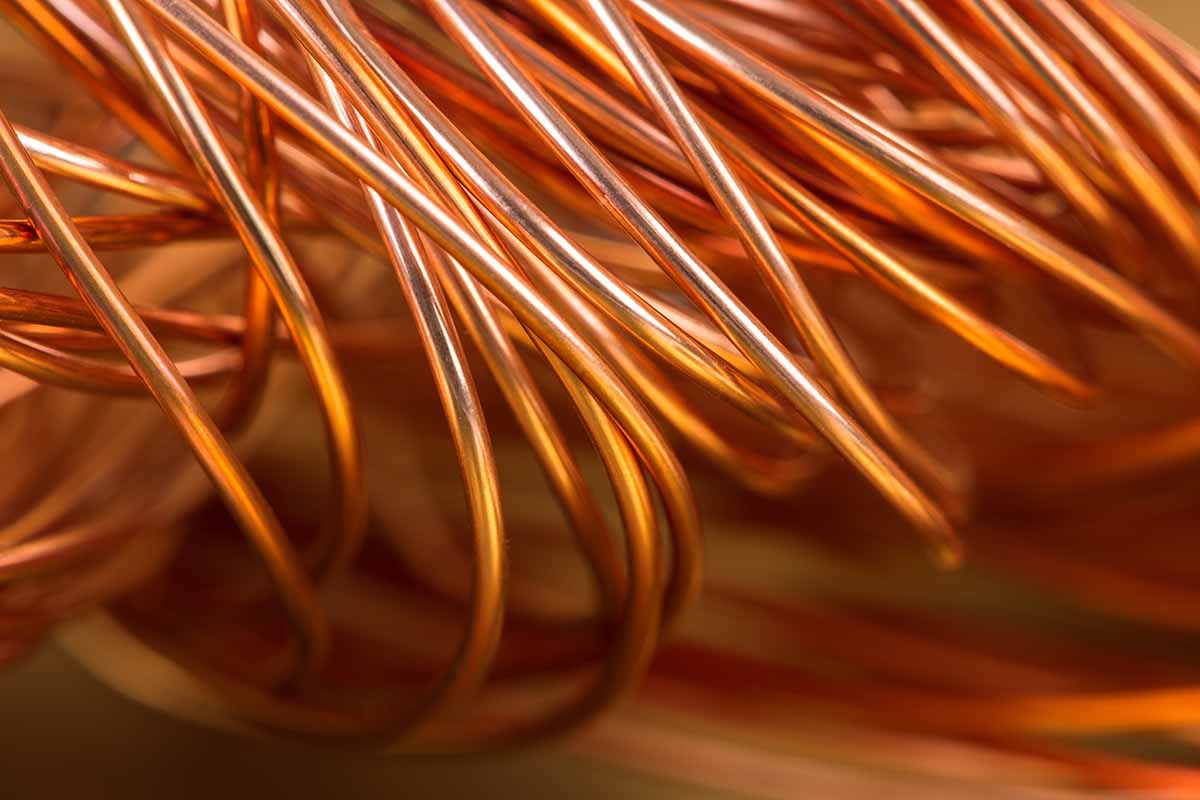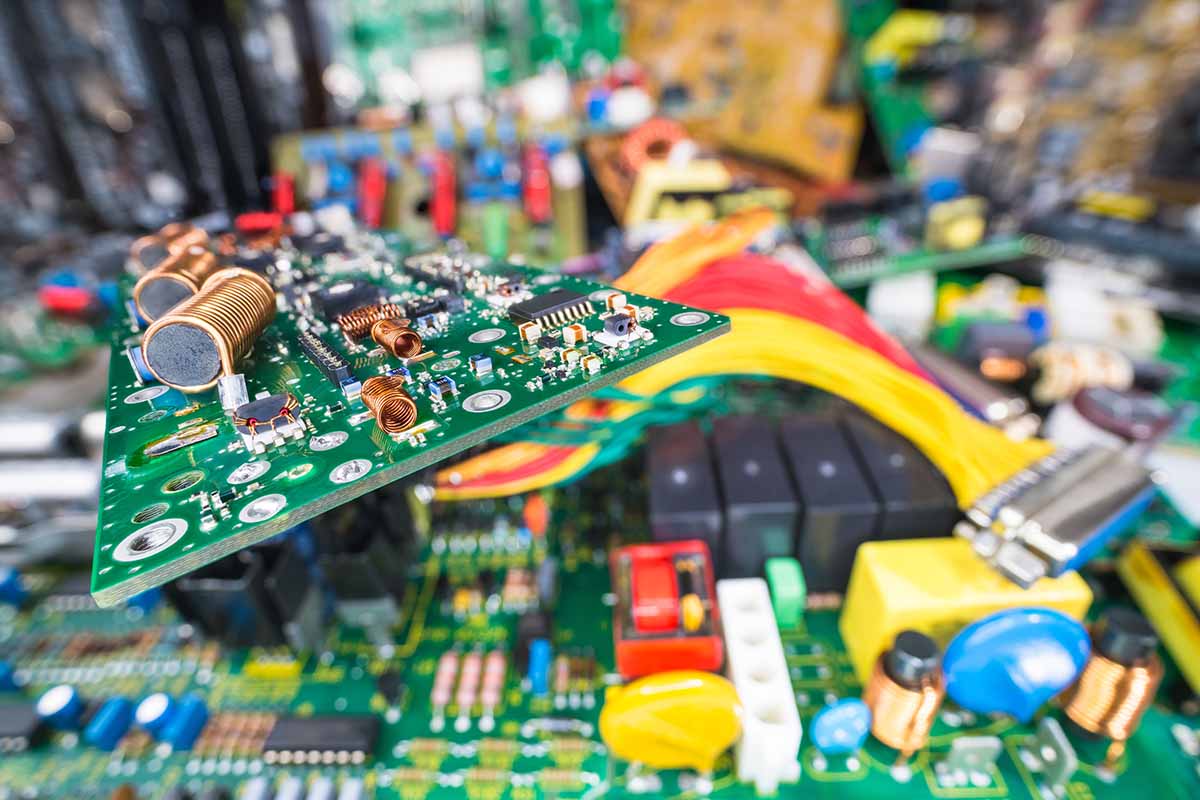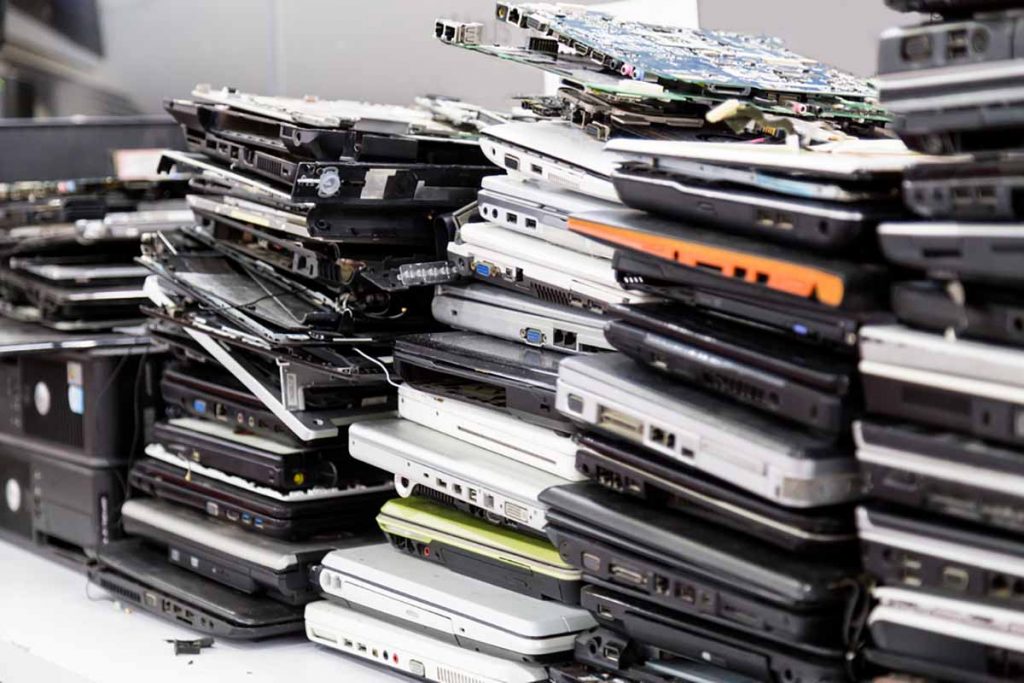
A study from the United Nations Institute for Training and Research (UNITAR) found that e-scrap generated annually in Europe increased by 2.1 million metric tons between 2010 and 2021. | ThamKC/Shutterstock
A report from the United Nations on the European Union found that very few member countries are achieving their e-scrap recycling targets.


